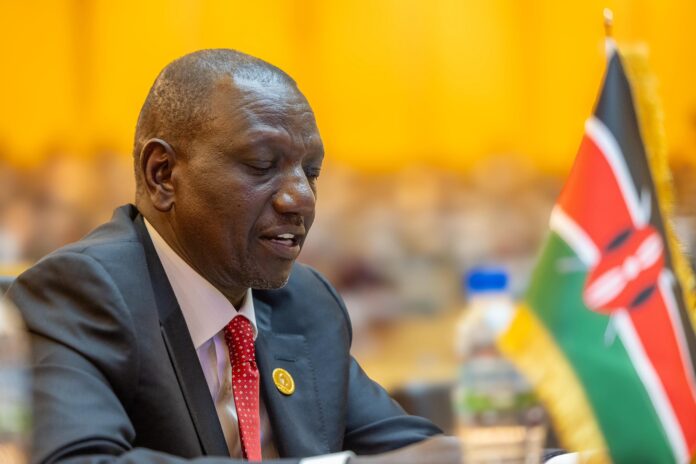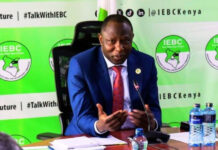President William Ruto has urged African Union leaders to accelerate reforms within the continental body to enhance its effectiveness and influence.
Speaking at the 38th Ordinary Session of the African Union Assembly in Addis Ababa, Ruto, who serves as the AU Champion for Institutional Reforms, emphasized the need for a fit-for-purpose institution that can champion Africa’s agenda on the global stage.
”To establish a fit-for-purpose institution capable of effectively championing the African agenda, all key stakeholders must work together — with urgency and decisiveness — to complete the reforms.”
In his address, Ruto outlined key priorities for AU reforms, including operationalizing the African Court of Justice, strengthening the Pan-African Parliament, enhancing peace and security mechanisms, and achieving financial autonomy within five years.
He stressed the importance of high-level oversight and called for unity and decisiveness among African leaders to drive the reforms forward.
“Significant progress has been made in restructuring the organs, institutions, and offices of the African Union. But to truly champion the African agenda, we must work together with urgency and purpose,” Ruto stated.
The Role of the AU Champion for Institutional Reforms
President Ruto, who was serving as the AU Champion for Institutional Reforms, lead efforts in modernizing and streamlining the organization’s structures and systems.
This role is crucial in ensuring that the AU becomes more efficient, effective, and capable of addressing Africa’s pressing challenges.
Key Responsibilities Include:
1. Leadership and Advocacy: Driving the agenda for institutional reforms and promoting unity and support among African leaders.
2. Oversight and Coordination: Ensuring the consistent implementation of reform strategies across all AU organs and institutions.
3. Stakeholder Engagement: Building consensus among heads of state, AU officials, and other key stakeholders.
4. Monitoring and Reporting: Providing regular updates on the progress of reforms, highlighting successes and challenges.
5. Strategic Direction: Guiding critical reform areas like financial autonomy, operational efficiency, and enhancing peace and security mechanisms.
6. Financial Autonomy: Working towards reducing the AU’s dependence on external donors by establishing sustainable funding systems.
The champion’s leadership is vital in transforming the AU into a fit-for-purpose institution capable of effectively championing the African agenda on the global stage.



















